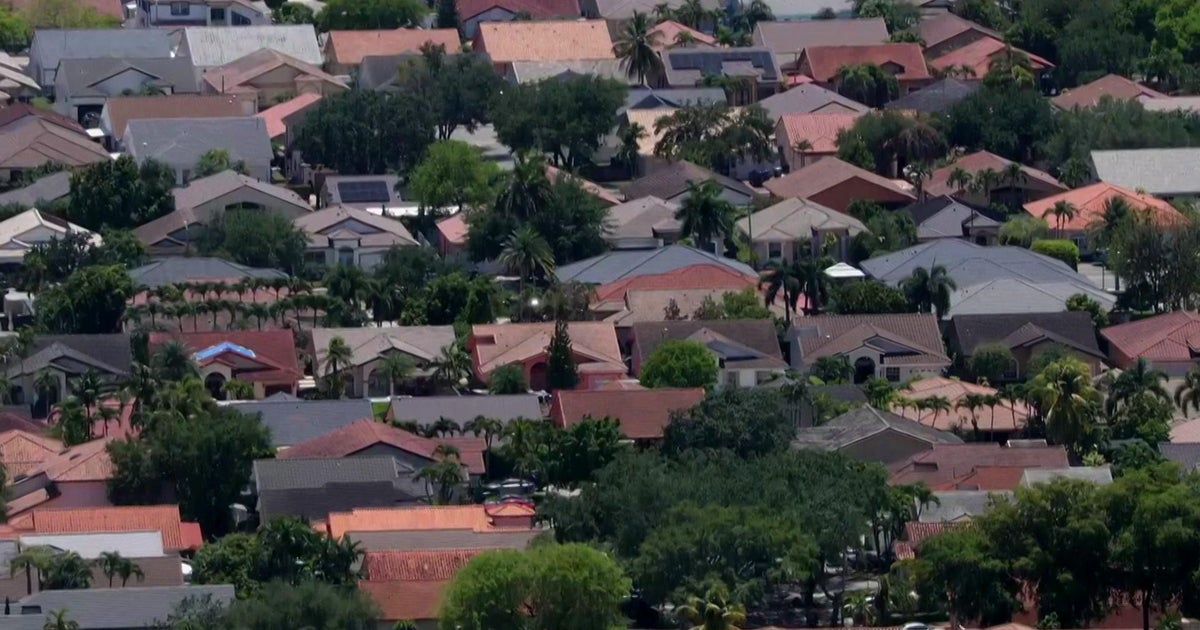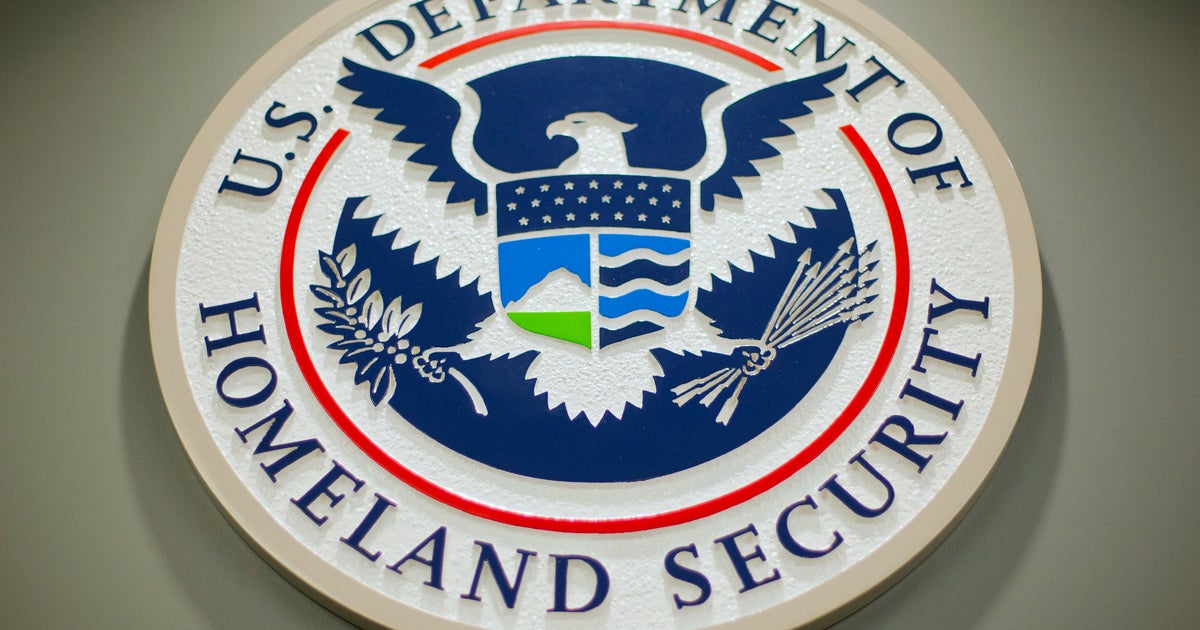Federal judge orders Justice Department to put forward proposed redactions of Mar-a-Lago affidavit
WEST PALM BEACH — A federal judge on Thursday ordered the Justice Department to put forward proposed redactions as he committed to making public at least part of the affidavit supporting the search warrant for former President Donald Trump's estate in Florida.
U.S. Magistrate Judge Bruce Reinhart gave prosecutors a week to submit a copy of the affidavit with proposed redactions for the information it wants to keep secret after the FBI seized classified and top secret information during a search at Trump's Mar-a-Lago estate last week.
The hearing was convened Thursday after several news organizations, including The Associated Press, sought to unseal additional records tied to last week's search, including the affidavit. It is likely to contain key details about the Justice Department's investigation examining whether Trump retained and mishandled classified and sensitive government records.
Media attorney Deanna Shullman says the public has the right to know what led to the search warrant at Mar-a-Lago.
"That application and its associated probable cause affidavit lays out the government's case and position as to why the search warrant should be executed," Shullman said.
Investigators pulled out boxes of top-secret material from the former president's home.
David Weinstein, a former assistant U.S. attorney who is not associated with the case, explained Thursday why the government may want to keep information secret.
"This is an ongoing investigation that currently there is no charged defendant and by releasing this information would compromise investigative techniques, potentially sensitive highly classified information, identifies, locations of witnesses," Weinstein said.
The judge ruled that the federal government must submit what they would like to redact and what they would like to release.
"At this juncture, he's not inclined to keep the entirety of the search warrant application and its affidavit under seal, meaning he understands the public is going to likely be entitled to some parts of this warrant application and its affidavit," Shullman said.
The judge did unseal several documents Thursday. They include the original orders to seal certain information. From those unsealed documents we learned the federal government cited "willful retention of national defense information, concealment or removal of government records and obstruction of a federal investigation."
The feds argued "this investigation is open. It is in its early stages. We are still less than 2 weeks from when the court signed the search warrant."
It is now in the hands of the judge to decide what could be released next.
"He will consider redactions proposed by the Department of Justice, which will be due to him by August 25th. He will accept a briefing from the Department of Justice on those redactions. He will review those materials and he will enter an order what information, if any, will remain sealed and inaccessible to the public," Shullman said.
If the judge rules that the documents should be redacted and released, each side has the opportunity to appeal.
The process could still take several weeks.



